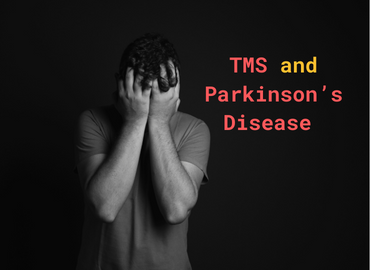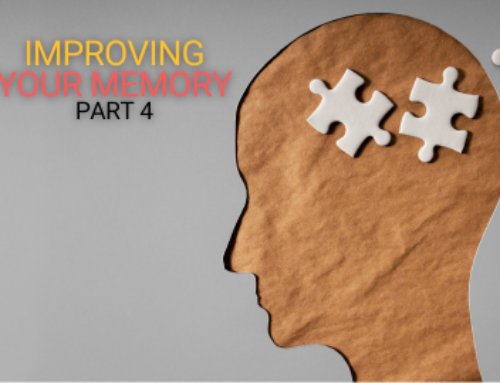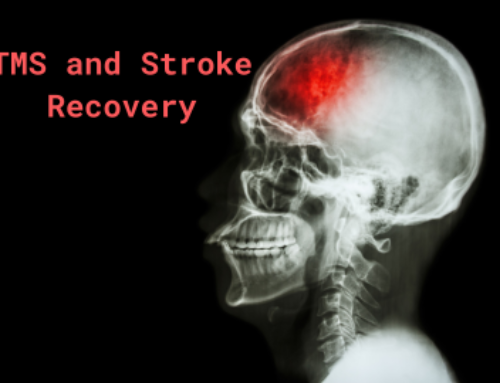TMS and Parkinson’s Disease
We offer TMS (transcranial magnetic stimulation) as an FDA-approved treatment for MDD (major depressive disorder), but studies are underway all the time to determine what else could be done with TMS to help patients with a multitude of disorders. Parkinson’s disease is one of these disorders being studied.
Parkinson’s disease is a neurodegenerative disorder. This means that it includes cell death in the brain and/or spinal cord. Over time, this leads to problems with physical and mental function that manifest in many different ways. Symptoms develop gradually, which can cause delayed diagnosis. One cannot predict who will develop Parkinson’s and who will not, but it is more common in middle-aged and senior adults, male-bodied people, and people who have other sufferers of Parkinson’s disease in their family. Symptoms of Parkinson’s disease include, but are not limited to:
− Chronic pain
− Gastrointestinal upset
− Difficulty chewing and/or swallowing
− Sleep disturbances
− Tremors
− Trouble with balance
− Confusion and unclear thoughts
− Depression
− Anxiety
Depression and anxiety can develop due to the neurodegenerative nature of Parkinson’s, the stress of living with the disease, and often both. Parkinson’s has a marked negative effect on neurons that produce the neurotransmitter dopamine, which affects our ability to feel pleasure. This doesn’t mean only physical pleasure, but also the ability to laugh with friends and appreciate cute animals.
Studies show good results for TMS as a method for treating motor symptoms in Parkinson’s disease comorbid with depression. We’ve spoken about how neurotransmitters have a multitude of influences, from motor function to reaction time. Improvement in motor function would do much to improve a patient’s quality of life and empower them to continue their chosen pursuits. Less stress improves one’s outlook in general.
TMS is being used in studies to test its effects as well as for other studies on Parkinson’s disease. These studies include TMS as a method to test motor cortex excitability, intracortical facilitation, motor threshold, and more. Medical scientists are speculating on how TMS could be used on the motor cortex as a method of neuromodulation to reduce symptoms of Parkinson’s. Continued study is needed, but we have high hopes that we may be able to help more patients with Parkinson’s disease in this way.
Rochester Holistic Psychiatry is dedicated to serving each patient who calls on us for care. To ask us any questions and make appointments, contact us on our website or call (585) 442-6960.





